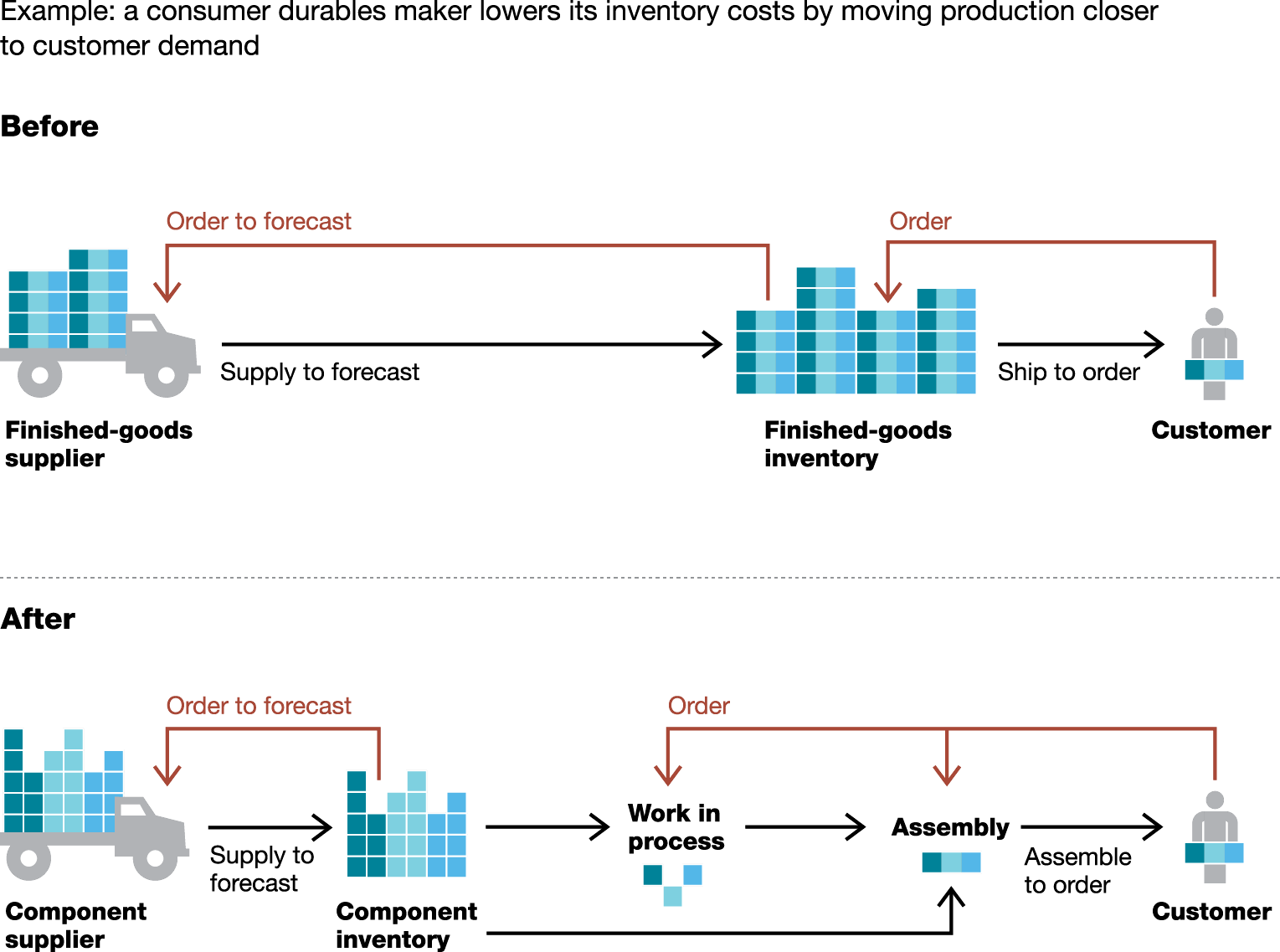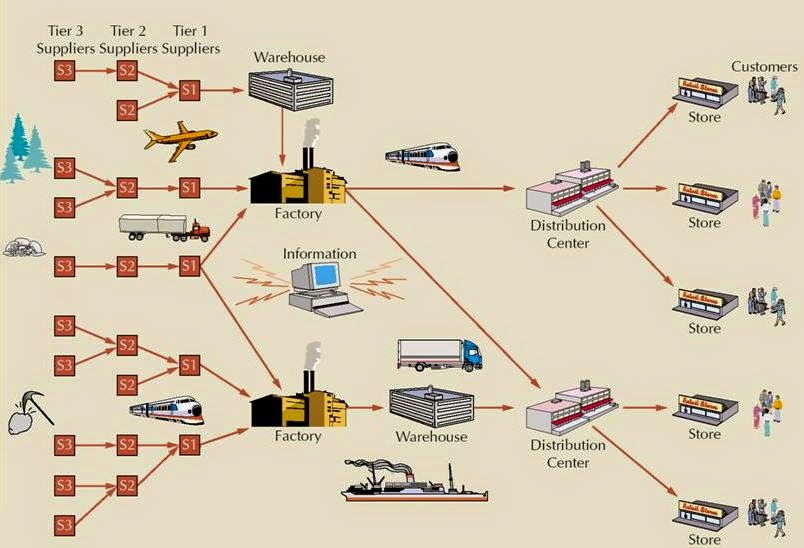class: top, left, inverse, title-slide # Education & Globalization ## Session 02 ### Dr. Zhou Yisu 周憶粟 ### 2018/08/27 --- # Useful metaphors -- ### 1. .red[Solids] 固態 - People, things, information, and places "harden" over time and therefore have limited mobility. -- ### 2. .red[Liquidity] 液態 - Increasing ease of movement of people, things, information, and places in the globe. -- ### 3. .red[Gaseousness] 氣態 - Hyper-mobility of people, things, information, and places in the global age. --- class: inverse, middle, center # All That Is Solid Melts into Air. 一切固定的東西都煙消雲散了。 --- ## Global flows Karl Marx said it in the .orange[_Communist Manifesto_] (1848). -- Today we use this metaphor to describe globalization: from solids to liquids to gases - become lighter 輕盈 - move faster - doesn't have a concrete form 沒有實在的形態 -- Includes the movement of: - .violet[people]: migrants - .violet[things]: materials and goods - .violet[information]: data of all sorts - .violet[places]: all kinds of "clone" towns in China - .violet[identity] 身份 --- ### Example: The ways we make things become more "fluid"  .footnote[ Image credit: [McKinsey](http://www.mckinsey.com/business-functions/operations/our-insights/building-the-supply-chain-of-the-future)] --- ## Who is using it? -- - .orange[Print on demand] (隨需列印) by Amazon.com - .orange[Just in Time] (即時化生產) by Zara and Uniqlo --- ### Print on demand: It doesn't matter if a publisher drops you .pull-left[  ] -- .pull-right[  ] --- ### What makes Weir's novel a success? -- Globalization can harness the power of the long tail.  .footnote[ Image credit: [Chris Anderson](http://www.longtail.com/about.html) ] --- ### A large number of small consumers (i.e. the long tail) who are connected by a universal platform -- A self-publishing model that keeps writer motivated: - Doesn't require book publisher to stock up physical books. - Significantly reduce the cost of getting book published. -- This model also has a Chinese version: .cyan[起點中文網] (https://www.qidian.com/) --- ### Zara & Uniqlo's supply chain 供應鏈  --- ### What makes Zara & Uniqlo a success? .yellow[low cost & variety of products] -- Why is it possible? - Global logistic network 全球物流網絡 - Information processing capabilities to track consumer demand and inventory almost real-time 信息處理技術 - Light on inventory (e.g. they don't stock on final product. Instead, only fabrics and materials) 零庫存 --- ## What is the implication? (people, things, information, places...) For many modern business, globalization enables them to: - .orange[Get rid of the solids]: less inventory, less warehouses, less labor needed -- - .orange[Disruptive innovation] 破壞性創新: traditional book publishers are dying; department stores are dying; new business model requires different manufacturing process -- - Create a process of .orange[centralization & decentralization] (中心化和去中心化): New centers arises and old centers destroyed -- - .orange[Demand new type of skills and knowledge] from the participants (more of that next week): + information processing + optimization + financial models + operation + product creation --- # Metaphors ### 4. .red[Flows]: --- background-image: url(http://wx4.sinaimg.cn/mw690/006HJgYYgy1fhh0c3ye68g30b40b4tz8.gif) background-size: contain --- # Metaphors ### 4. .red[Flows]: - .green[Interconnected flows]: e.g. global fishing industry (fish + ship fleet + flow of cheap labor + processing destinations) - .green[Multidirectional flows]: e.g. information flow (positive & negative simultaneously) - .green[Conflicting flows]: e.g. global "war on terror" and global terrorist networks - .green[Reverse flows]: e.g. air pollution pushed from one country to another --- # Metaphors ### 5. .red[Barriers]: - .green[Material structures]: e.g. border controls 邊境管制 -- - .green[Deliberate blocks]: e.g. government prevention of foreign ownership; censorship of information -- - .green[Subtler structural barriers]: e.g. disadvantaged – poor, minorities, gender, etc. .violet[Barriers are __created__, can change, and do not impact people evenly]. -- ### 6. .red[Structures]: set of processes that may either _impede_ or _block_ flows or to serve _expedite_ and _channel_ them. - e.g. global financial structure --- ## Going back to iPhone/Apple example -- What are the solids/liquid/gas? -- - Apple does not hire all these workers at the assembly line. They are all outsourced 外包/外判 to contractor. -- - Apple constantly changes iPhone's technology so it wants ".cyan[flexibility]". -- - Apple build its product by large numbers, so it want ".cyan[scale up]" really quickly. -- ### Questions What is flexibility? What is scale up? Can you explain? --- ### What are the flows? - Financial flow? - Hard materials? - Information? -- ### What are the barrier? - Import taxes (in recent trade war between US-China, Apple fear the iPhone will be taxed) - Labor regulation (how many hours should a worker work) - Government censorship on information (where is your iCloud data stored?) - Consumer taste differences (Rose gold?) --- class: middle, center # These are great things for consumers. But are they inevitable? --- The often-repeated rhetoric that globalization (the process) leads to more globalization (the condition) .violet[does not] allow us to draw meaningful analytical distinctions between causes and effects -- Even we can pretty much all agree that we live in a globalized age, we can still find examples of angry people shouting .violet[no more globalization]. --- ## Backlash against globalization Example 1: Brexit  .footnote[Image credit: [PBS Newshour](http://www.pbs.org/newshour/making-sense/column-theres-backlash-globalization-needs-change/)] --- ## Backlash against globalization Example 2: Donald Trump became president of USA  .footnote[Image credit: CNN] --- # The great globalization debate -- .red[Globalists] 支持全球主義者 – believe that there is such a thing as globalization and that it encompasses virtually the entire globe. -- .red[Skeptics] 懷疑論者 – believe that there is no such thing as globalization, that it is an over-simplification of complex processes. --- ## Globalists' view Majority of world enmeshed in globalization, both as a general process and as multiple globalizations. .violet[Nation-state] (民族國家) being supplanted as main actor, with .violet[multilateralism] (多邊主義) emphasized. Multi-layered global governance. Transnational economy of MNCs (.violet[Multi National Cooperations]) and global division of labor. The rise of global popular culture and decline of fixed political identities. --- ## Skeptics' view No one process of globalization but many (not all are positive, some brings damages to the society). Nation-state still vital and reasserting itself, with inter-governmentalism emphasized. Global order still through international order of nation-states. National economies still central and few true MNCs. Global culture thesis exaggerated/declined, national and regional cultures reasserted. --- ## Question: Why is it the case? Because globalization is .violet[uneven]: - Some people gain more than others - Intractable harms could be done - Can cause rippling political/socioeconomic consequences -- .green[_Can you think of any examples? or elaborate on previous cases?_] --- ## Globalization is a process Because there are backlashes and push-backs, Globalization is not a one-way street (e.g. globalization leads to more globalization). Manfred Steger believes: -- - We should not assume that globality is already upon us -- - Nor does the term suggest a determinate endpoint that precludes any further development -- Instead, we should .violet[be able to imagine different social manifestations of globality]: one might be based primarily on values of individualism, competition, and laissez-faire capitalism, while another might draw on more communal norms and cooperative social systems. (more on this in later weeks) --- ## If we are already global, are we still national or local? --  --- ## If we are already global, are we still national or local? -- It is not to say that national and local communal frameworks have lost their power to provide people with a meaningful sense of home and identity. -- The weakening/strengthening of the national imaginary, ironically, could take place at the same time. - The .violet[intensification of global consciousness] destabilizes and unsettles the nation-state framework within which people have .yellow[imagined] their communal existence. -- - On the other hand, the conflict and senses of urgency raised by globalization make us feel .yellow[more connected] with people around us -- In fact, the national and local are changing their character and social functions as a result of our movement towards globality. At its core, globalization is about .violet[shifting forms of human contact]. --- ## What role does education play in globalization? Education as a means to increase economic competitiveness. -- Education as a safeguard to defend local/national identity. -- Education as a process to facilitate global flow. -- Education as a critical approach to question globalization. --- # .red[Summary] .violet[Key characteristics of globalization:] Notice that the conceptualization of globalization as a .orange[dynamic process] rather than as a static condition forces global studies scholar to pay close attention to new forms of connectivity and integration. -- Think of the flow: it never cease to stop or being still. --- ## Some key characteristics .violet[Key characteristics:] Intensification and acceleration of social exchanges and activities. It involves both the .green[creation] of new social networks and the .green[multiplication] of existing connections that cut across traditional political, economic, cultural, and geographical boundaries. Remember: `\(1 + 1 > 2\)` in many cases --- ## Some key characteristics .violet[Key characteristics:] Another quality of globalization is reflected in the .green[expansion] and the .green[stretching] of social relations, activities, and connections. Example: How many of "friends" do you have on Facebook or WeChat? -- .violet[Key characteristics:] globalization involves the .green[intensification] and .green[acceleration] of social exchange and activities. --- background-image: url(http://2oqz471sa19h3vbwa53m33yj.wpengine.netdna-cdn.com/wp-content/uploads/2018/05/internet-minute-2018.jpg) background-size: contain --- ## Some key characteristics .violet[Key characteristics:] globalization processes do not occur merely on an objective, material level but they also involve the subjective plane of .green[human consciousness]. Without erasing local and national attachments, the compression of the world into a single place has increasingly made global the frame of reference for human thought and action. Hence, globalization involves both the macro-structures of a 'global' community and the micro-structures of 'global personhood'. --- ## Globalization scholars and the elephant  .footnote[Image credit: Manfred Steger (2017)] --- ## Reading material New structures that expedite flows of things: - How does Amazon's _print-on-demand_ work?: https://www.quora.com/How-does-Amazons-on-demand-book-printing-work - Just-in-time production: https://theleadershipnetwork.com/article/supply-chain-management/zara-uniqlo-supply-chain - What is long tail?: http://www.longtail.com/about.html The metaphor theory is from: Ritzer & Dean Chapter 1 Materials on Apple Inc: - Tim Cook interview Part 1: https://drive.google.com/file/d/0B33wSwSsbprWcjNoYWtqQm5iYlE/view - Part 2: https://drive.google.com/file/d/0B33wSwSsbprWOE1sQVFMWkNZWWM/view - [_In China Trade War, Apple Worries It Will Be Collateral Damage_](https://www.nytimes.com/2018/06/18/technology/apple-tim-cook-china.html). The Chinese version is also there - [_How the U.S. Lost Out on iPhone Work_](https://www.nytimes.com/2012/01/22/business/apple-america-and-a-squeezed-middle-class.html) --- <!-- ## Movie on globalization .pull-left[] .pull-right[Will you be interested to attend a movie screening next Tuesday? 9/4, 19:40 or 22:00] -->